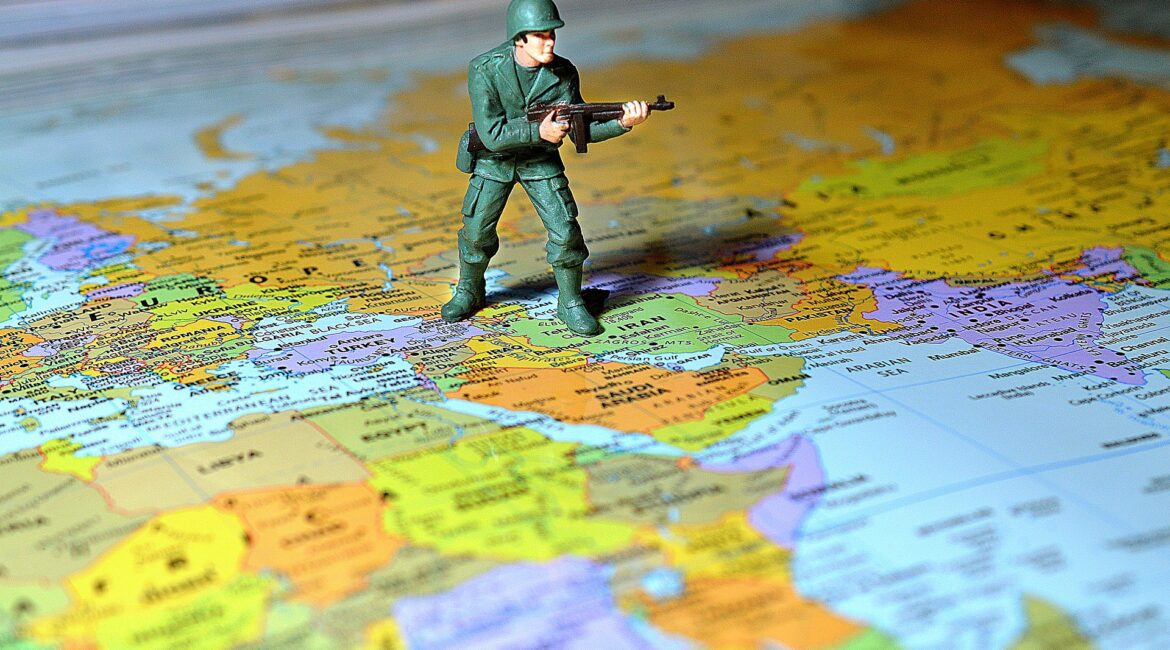In the 1990s and early 2000s, a few combatants from Sahel area, as the Algerian terrorist Mokhtar Belmokhtar, have been trained and fought in Afghanistan, against Russian aggression. But for the time being, these "Arab-Afghan wolfs" play no significant role in the Sahel's insurgencies, because they have either laid down their arms or been killed. However, the Taliban's victory in Kabul could have in Sahel an indirect consequence: it could rise morale among Nord-African jihadists and shown how a local jihadist movement can win through patience and determination, eventually overcoming a broad international coalition.
The extremist group Jamaat Nusrat Al Islam Wal Muslimin (JNIM), consolidated in northern Mali in 2017, is affiliated to Al Qaeda and its leaders have pledged allegiance to both Ayman Al Zawahiry and Taliban commanders. But there is little evidence, nowadays, of a flow of material support to JNIM from Al Qaeda or any Afghan group.
At present, the JNIM main goal is not on dislodging US troops, but to chase French forces, which have been pursuing a counter-insurgency campaign in Mali, since 2013. In a statement addressed to France and released in October 2020, JNIM said textually: "It is in your interest to depart from our lands now, just as Americans departed from Afghanistan".
The end of US intervention in Afghanistan has incited a number of Sahelian authorities to speed up efforts to search for an alternative to reliance on France military support, particularly after the June 2021 announce that it would put an end to Barkhane Operation, while still keeping troops in Sahel. Although France is not retreating from the region, JNIM leader, Iyad Ag Ghaly, has claimed France's decision as a "triumph" for his group, comparable to Taliban's "historic achievement" in Afghanistan. On the other side, the Afghan government's collapse could encourage Malian authorities to move more decisively towards an open dialogue with militants, regardless of external partners'' attitude.
But differences between JNIM and Taliban are still significant: First, for now, JNIM lacks an official political bureau, like that the Taliban had in Doha, the Qatari capital, able to engage in negotiations. Secondly, despite its claimed links to Al Qaeda, Taliban definitely took decisions without consulting Al Qaeda leadership, whereas JNIM may not be able to decide such important matters for itself.
As for the Islamic State in the Grater Sahara (ISGS), which opposes the Afghan Taliban and also JNIM in central Sahel, he impact of Taliban takeover is even more vague. The Jihadist group expended its territorial control in the late 2010s and has shown very little taste for dialogue. However, starting in 2020, it has suffered series of military defeats at JNIM's hands as well as deadly French airstrikes, which culminated in the death of the group's chief, Adnan Abu Walid Al Sahraoui. And in this very context, ISGS said nothing official about Taliban victory in Kabul.
As a final consideration, analysts believe that in Sahel, as France reduces its military presence, Russia may be stepping in more massively. Rapports stated that in August, 2021 Malian authorities have signed a contract with Wagner, a Russian private security company that operates also in other African countries. Malian officials claimed that the deal is only a hedge against a French complete departure, and some of them even appeared convinced that Russia will be a more efficient partner than the western powers in fighting Jihadism in the area.
Sahel jihadists and Taliban’s victory in Afghanistan

